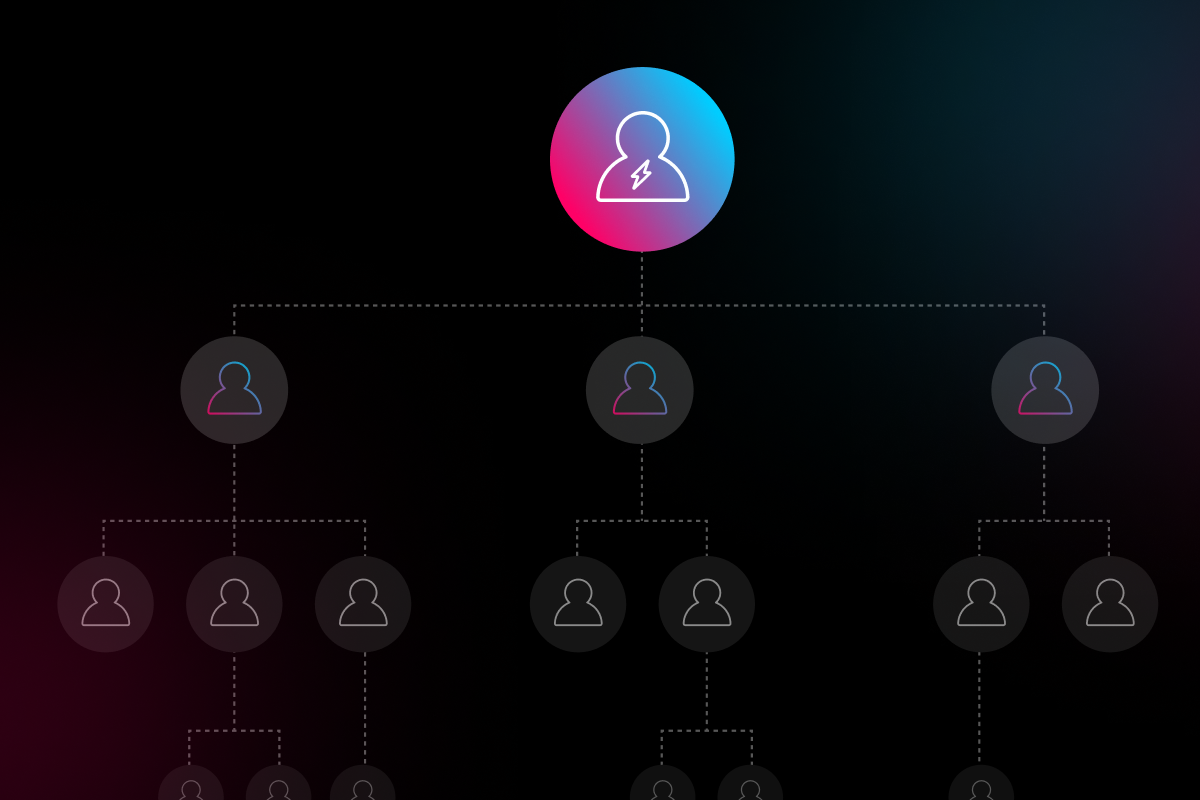
You may think that, as a small business, you don’t need to have a server in the office. But if your business plans to scale, then having a server is going to make life a lot easier. Servers are computers that store company information: files, folders, internal web pages, and so on. Because the data is in a centralized storage location, this makes it a lot easier for everyone in the office to access what they need and multiple users can access the same data.
Having a server also offers better security control; businesses only have to worry about securing their server, rather than installing security software on every computer and device in the office (although you should also do this too). While this might be feasible for offices with a few people, it’s not practical if you have more than 10 employees.
Businesses have the option of choosing between an on-site, physical server, also known as a dedicated server, cloud-based servers or a combination of the two. There are pros and cons to both, and it ultimately depends on the needs of your organization.
Choose Your Server(s)
For many small businesses, choosing a cloud-based server might seem like the way to go. Subscribing to a cloud server means no purchasing of hardware, automatic up-to-date equipment, redundant power connections and networks, and extra cloud backup solutions. Some businesses with limited IT staff may also not be able to spare the resources to maintain a small business server…or two, or three, or four, as they grow. When it comes to scalability, cloud-based servers offer 24/7 support and security.
While this works for some SMBs, others may want something on-premise. Maybe it’s for security, or maybe they need the reliability and fast performance of a dedicated server. Depending on a company’s storage needs, a physical server could also potentially be the inexpensive option because the hardware only needs to be purchased once and won’t need to be replaced until years later to stay up-to-date.
Small businesses can get the best of both worlds by implementing a hybrid system, utilizing both cloud-based and dedicated servers. This will help maximize the scalability, security, and performance of their small business server system.
Finding A Place For Your Small Business Server
With a cloud-based server, a third party company can help walk you through the steps on how to set up your server. When it comes to an on-site dedicated server, however, a little bit of planning is required.
First, you have to dedicate a space, room, or closet to place your small business server. Servers can get loud and be disruptive if it’s next to your office’s work stations. There are many different types of storage racks and towers for small business servers, and some will include sound dampening features. These storage systems will also have drawers and shelves to organize servers while keeping them safe and accessible.
Second, make sure there is enough ventilation and cooling units around your server. Hot electronics are unhappy electronics, and you don’t want your small business server to overheat unexpectedly.
Keep Calm and Manage Your Cables
A quick image search of “server cables” illustrates the harsh reality of what happens when you don’t properly manage your cables and wiring. Trust us — keep everything labeled and organized from day one, otherwise things can quickly get out of hand. A patch panel and cable ties will help you keep all your wires organized.
Not sure which type of small business server is going to work for your office? Let Electric help. Schedule a consultation with one of our IT specialists and we can help determine what type of server solution will work best for your organization. Furthermore, we can help you plan the space to place your server and the best way to maintain it.


